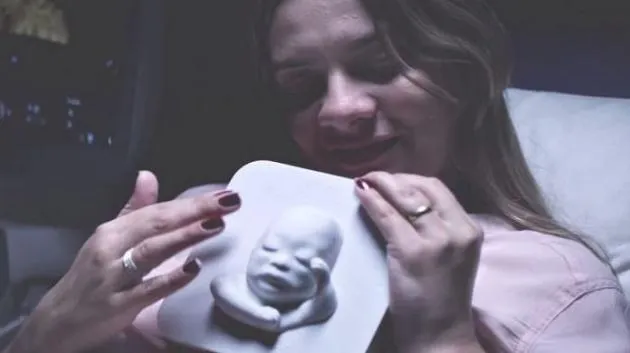Whatever happens, it is a major paradigm shift. Long considered a bastion of religious and social conservatism in Europe , Ireland , 84 % of people say they are Catholic obedience and almost 50 % go to Mass every Sunday , could become the first country in the world to endorse a referendum on gay marriage .
Friday, May 22, after weeks of heated exchanges in referendum on Gay Marriage in Ireland, nearly 3.2 million voters will decide on this question .
So far, eighteen countries worldwide have approved unions between persons of the same sex, but this is always done through legislation or court, said USA Today. The very fact that a referendum be held in the Emerald Isle reflects a significant look change vis-à-vis the Church. Whether they are believers or not, citizens overwhelmingly recognize that the excessive power given to priests for decades has had devastating effects on certain “vulnerable groups” – single mothers or children in institutions, for example, points out The Economist.
Moreover, the efforts of the clergy to stifle the pedophilia scandals uncovered in the years 1980-1990, which left hundreds if not thousands of victims, have shaken the certainties of a population that had faith in his moral authority. It has therefore been able to say that Catholic hierarchs is fourvoyaient elsewhere, analysis The Globe and Mail. A context sensitive, which is why the Church has led a rather quiet opposition to the referendum, the movements of sides such as Mothers and Fathers Matter (“Mothers and fathers count”).
Referendum on Gay Marriage “IN THE NAME OF EQUALITY”
In a rare unity momentum transcending traditional political divisions, many personalities – including the center-right Prime Minister Enda Kenny and former President Mary McAleese (1997-2011), herself a devout Catholic – posted their support for the “yes” (Politico). Of the 226 members of Parliament, the Oireachtas, only six said they would vote against the measure. Celebrities from the sports, music and cinema are invited to the debate, showing their willingness to break with the status quo. For the Labour Party, which is crucial plays and comparable to the issue of civil rights in the United States in the 1960s.
The outcome of the referendum, which, in case of victory of the “yes” result in a de facto amendment of Article 41 of the Constitution of 1937, only remains uncertain. Indeed, The New York Times observed, it is based on the Catholic vote carried, essentially by persons living in rural areas and attached to the canons of the Church. Added to this is the possibility that a fringe more or less wide undecided to tip the balance in favor of the “no.” “In the name of equality”, The Irish Times defends change. Its argument? Ireland is no longer a country confit in conservatism, but rather, “open, tolerant and which refrains from any categorical value judgment.” More measured, and anxious not to appear too partisan, especially the Irish Independent calls everyone to be “absolutely certain” of the reasons for his choice before sliding his ballot.



